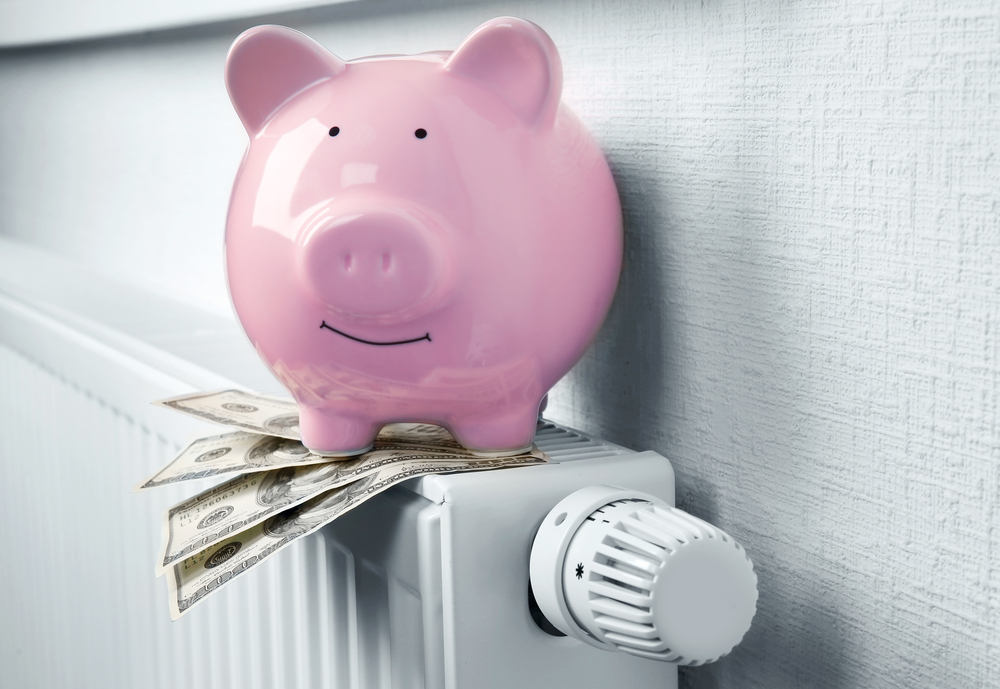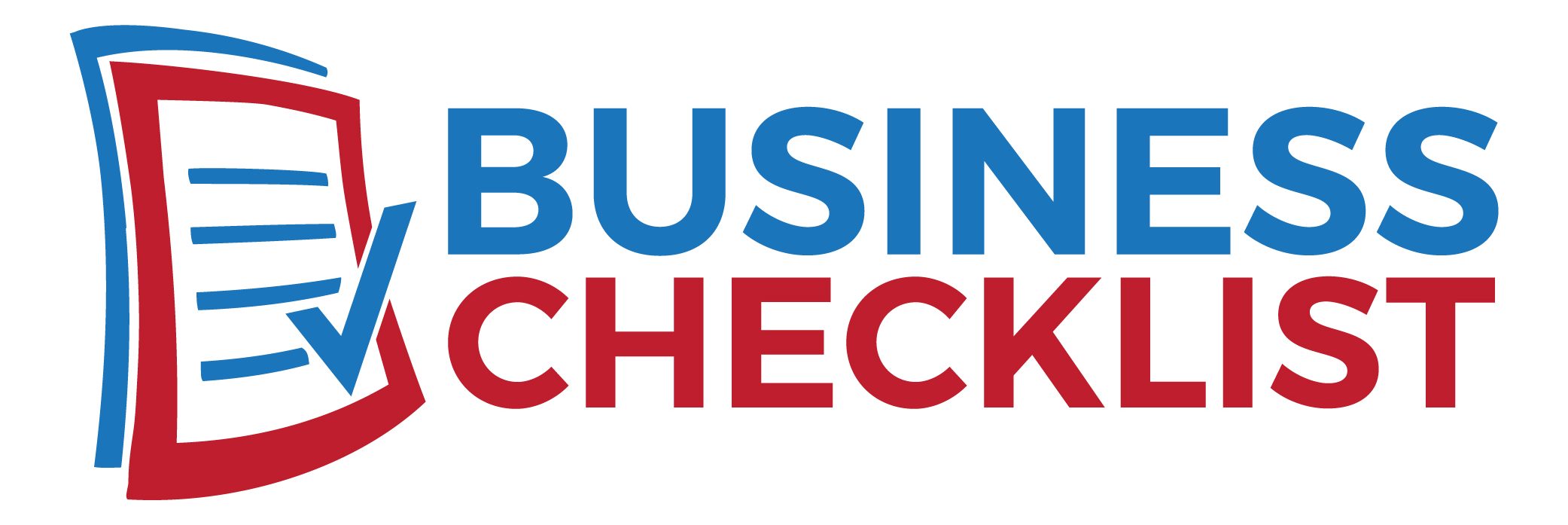
Utilities are a staple of life. They help you cook, keep you warm or cool, help you bathe, keep you entertained, and help you stay connected to family and friends. When calculating the household budget, it is essential to include the cost of utilities. A typical American family pays $2,000 annually, on an average, in the form of utility bills. The price is even higher in metropolitan areas. Your utility bill depends on many factors, including the size and quality of your living space, usage pattern, and climate of your area.
Utilities occupy a significant part of the monthly budget, and even if you can cut down the price by 25 percent, you would be able to save $500 annually. Cutting down the cost of utilities by 50 percent means you would be able to save $1,000 per year. That is huge! This saving can be used to pay off debts, plan a vacation, or savings for an emergency fund. But, how to save money on utilities? If you are ready to follow some simple steps to save money on utilities, then keep on reading.
First of all, you need to know your usage. For this, you need to monitor your utilities and sort out your best and worst categories. You can track how much electricity your appliances are using by studying the energy guide label of each device, using an energy consumption monitor for each device or by installing a whole-house monitor system that is connected to the main breaker panel of the house. In addition to displaying information on energy consumption, it also shows where and when you use the most energy. You can then apply your bill saving hacks and compare the numbers, so you know whether your utility bill saving strategies are working or not.
1. Upgrade Your Appliances
To get started, upgrade your old appliances to modern, energy-efficient machines because they are the primary energy consumption conduits which charge you heavily. You can start by replacing ordinary light bulbs with Compact Fluorescent Light Bulbs (CFLs). According to EnergyStar.gov the Energy certified CFLs consume 70 to 80 percent less energy than the traditional incandescent bulbs and can help you save about $70 to $80. Also, the average life of CFLs is 6,000 to 15,000 hours as compared to the average life of 750 to 1,000 hours of the traditional bulbs. Energy-efficient appliances may cost you some extra money upfront, but you will be saving money on electricity costs in the long term.
For conservation of water, install low flow showerheads and faucet heads throughout the house. Traditional showerheads deliver about 5 to 8 gallons of water per minute at a pressure of 80 psi. An American showers for about 8 minutes on average, which means they use 40 gallons of water in a single bath! ‘Low flow’ showerheads deliver 2.5 to 1.5 gallons of water per minute at a pressure of 80 psi, which indicates that a shower lasting 8 minutes would consume 20 gallons. So by switching to a ‘Low flow’ showerhead, you would be able to save 20 gallons per bath and reduce your utility bill.
Another commodity that consumes natural gas is the water heating system. The factory default setting of most of the water heaters is 140 OF, but you probably don’t need more than 120 OF according to the recommendation of the department of energy. You can save some bucks on your natural gas bill by regulating the water heaters’ thermostat.
2. Upgrade Your Home
You can reduce your utility bills significantly by bringing in some changes to your home. Invest in some new windows. They may be expensive at first like a few thousand dollars for the replacement of a full window, but these are better insulated. Also, add insulation to any other parts of your house which are not insulated. For an insulated home, the cooling and heating system will consume less energy to regulate the temperature.
Invest in smart technology as it always saves money. One such example is a smart thermostat which regulates the temperature of the house when you are not around. A programmable thermostat saves you from the hassle of remembering to turn down the temperature by a few degrees every time you leave the house. According to EnergyStar.gov, an annual saving of 1 percent in the utility bill can be made for each degree down per 8 hour period.
3. Keep Your House Clean
A simple, effective strategy for cutting down the cost of a utility bill is to keep your house clean. Plan ahead and spare two to three hours on the weekend, it will do the magic. Keeping the house free of dust, litter, animal fur, etc. can help your house’s heating and cooling system to work efficiently by allowing airflow and reducing the burden of debris on them. Don’t forget to get the duct system of your house cleaned at least once a year as dirt can accumulate there and make them less efficient.
4. Use Natural Light
Natural light is a free and powerful tool to regulate the temperature of your house according to the season. U.S News and World Report suggest keeping the blinds open during the sunny days in winter to allow the natural light inside the house. It will help warm up the home. This is not a substitute for the heating system, but it can aid the heating system of the house, and it will use less energy to regulate the temperature of the house.
According to Popularmechanics.com, you can also use a temporary window film in winters to block out wind and cold. The adhesive transparent window film can be applied to the full window glass, doesn’t damage your window and above all can be removed easily at the end of the season. Window film makes it easier for a window to reflect light and the heat it carries. The heat remains trapped indoors as it is reflected inside the house in winters. Such window films are readily available at Amazon.com.
In the summers, lessen the load on your cooling system by keeping the blinds shut in the day. This will prevent the extra sunlight from entering into the house and heat the living space. Energy.gov says that if you keep your blinds completely shut on a sunny window, you can reduce the heat gain by 33 to 45 percent.
5. Conduct Regular Maintenance
Keep a check at the appliances and immediately order repair when required as damaged/faulty devices can overuse energy and skyrocket your utility bill. Another hack for minimum use of energy and maximum efficiency is to replace the filters of your refrigerators and air conditioners regularly. Filters keep the dirt and debris away and ensure the smooth running of your appliances.
Be vigilant to check the leaks present in the plumbing system. Minor leaks can be hard to detect, but they can result in a significant loss of water and a rise in the utility bill. So, keep on checking for leaks regularly and fix them permanently instead of going for temporary solutions like duct tape, etc.
Save Electricity
You can reduce your electricity bill by bringing in some habitual changes. Start using a compact microwave for cooking instead of a larger oven or stove. The cost of cooking with a compact microwave is far less than that of a stove or oven. You can find many ready-made meals at your local Walmart store that can be cooked using a microwave.
During the summer months, cooking appliances generate more heat, and the cooling system of the house has to work harder. Temperatures drop at night, so try to cook at night to reduce the burden on your air conditioners. Instead of continually relying on air conditioners in summer, try to use fans whenever possible.
Also, keep an eye on the temperature regulator of your refrigerator and freezer. The optimum temperature for a refrigerator is 40 OF while that for the freezer is 0 OF. Temperatures far below these are a mere wastage of money, added in the utility bill.
Save Water
Water is essential for life, but our water reservoirs are depleting. So, it is an added responsibility on all of us to save water. The first and foremost step in conserving water is to time your showers. Timing the baths can help you save gallons of water per month and reduce your utility bill. Also, use a full load of the washing machine so the water may not be wasted by a half or incomplete load.
Save Natural Gas
To save natural gas while using an oven or stove, try to cook in rapid succession to use the heat already generated. It takes a lot less time to cook in the already heated pans and pots. Regulate the use of hot water and try not to use it unnecessarily. There is no added benefit of using hot water for dishwashing, so do your dishes with cold water.
To keep yourself warm in winter and to reduce the burden on your heating system, wear sweaters and jackets. In this way, you don’t have to increase the temperature of your heating system and will be able to save some heat, which in turn will save you bucks on the bill.
Saving on utilities does not mean being too restrictive so that you upset your lifestyle. These quick and easy habits will help you save a few dollars on top of aiding the environment by generating less pollution.

